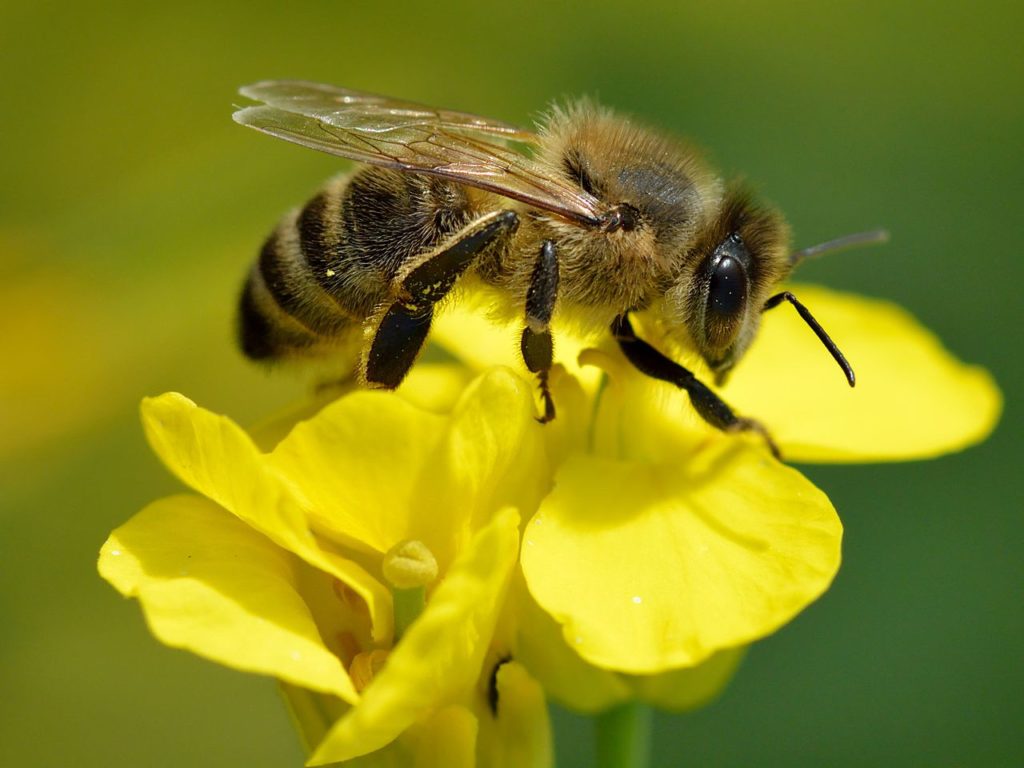The venom from honeybees is effective in killing off breast cancer cells in even the most difficult to treat cases, according to new research from the Harry Perkins Institute of Medical Research and the university of Western Australia.
Dr Ciara Duffy took the venom of honeybees (Apis mellifera) from around Perth in Western Australia, considered to be some of the healthiest in the world, and tested its effect on different kinds of breast cancer cells. Her results show that both the venom itself and a compound contained in the venom, known as melittin, had a significant effect on two of the more intractable types of cancer.
Breast cancer cells come in four types: those that have a receptor for the hormones oestrogen or progesterone, those that have a receptor for the protein HER2 which promotes cell growth, and those referred to as triple-negative, which have none of the receptors. The latter account for 10-20% of all breast cancers.
Triple-negative cancer cells are the hardest to treat, which is why the discovery of the effect of honeybee venom is important. In addition, melittin works just as well as the whole venom, but it can be synthesised in the laboratory, ensuring an endless supply.
“We found both honeybee venom and melittin significantly, selectively and rapidly reduced the viability of triple-negative breast cancer and HER2-enriched breast cancer cells,” Dr Duffy said. “The venom was extremely potent.”
The melittin was also tested on normal breast cells, and had minimal effect. It also revealed another useful property: it was able not only to destroy cancer cells in 60 minutes, but within 20 minutes was able to interfere with the chemical messages cancer cells send to each other that govern growth and cell division.
“We looked at how honeybee venom and melittin affect the cancer signalling pathways, the chemical messages that are fundamental for cancer cell growth and reproduction, and we found that very quickly these signalling pathways were shut down,” Dr Duffy said.
Melittin could also be used in conjunction with other therapies, the study found. The compound kills cells by boring a hole in the cancer cell membrane, suggesting that even in extremely aggressive cancers, that ability could be used to allow other compounds to attack the cancer cell more effectively.
Dr Duffy also compared the venom from honeybees in Western Australia and those from Ireland and England, and found all three produced the same effects.
The study is published in the latest issue of the journal Precision Oncology.
Alan Hope
The Brussels Times

